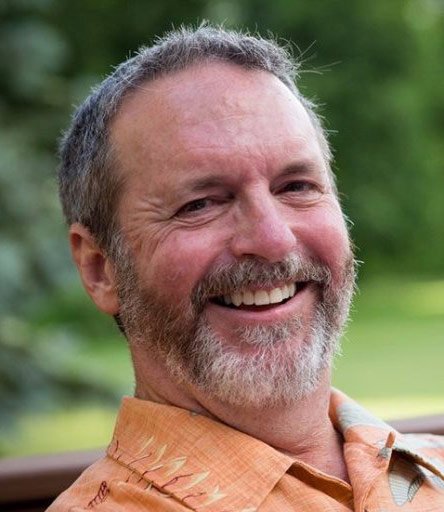Judy was more than a colleague to me. She was a mentor and a friend. I cried when I learned that she was diagnosed with a rare form of abdominal cancer, and I watched her bravely battle her disease for nearly two years. Radiation. Chemo. Surgery. Remission. Recurrence. An endless cycle of pain and recovery, hope and despair.
After several rounds of treatment, it became clear that Judy’s cancer was going to win the battle. But Judy wasn’t going to let it win the war. She was tired. She was in intractable pain. Doctors told her she had less than six months to live.
Because she lived in Oregon, Judy was able to elect to end her life on her own terms. After her doctors qualified her under that state’s medical aid in dying law, Judy set the date on which she would beat the cancer before it beat her.
She gathered her family around her and they shared tearful goodbyes. A few days later, with a warm breeze fluttering through her windows and gentle music she had chosen playing in the background, and in the presence of her husband and two adult daughters, Judy ingested the prescribed medication. In less than an hour she was gone, peacefully and on her own terms.
New Hampshire lawmakers have the opportunity to offer those like Judy – adults who are suffering from a terminal disease and who have less than 6 months to live – the ability to end their lives peacefully and on their own terms. The House will soon vote on HB254, the End of Life Freedom Act that would legalize the use of medical aid in dying under strict guidelines that have been proven to protect vulnerable citizens.
As a church pastor, as a former attorney, and as Judy’s mentee and friend, I write to urge New Hampshire residents and legislators to support HB254.
It might surprise you that someone who served as a faith leader for nearly 20 years supports HB254. Some religious leaders vehemently oppose medical aid in dying, and I respect their right to hold that belief.
But religious freedom and personal liberty are guaranteed under the laws of the state and the New Hampshire Constitution. My faith prioritizes the religious freedom and personal liberty of the individual to determine for themselves how they want to live and how they want to die. HB254 does not compel anyone to participate in a medically assisted death if their personal values oppose it. But by the same token, those who wish to exercise the right to die should not be denied that right because it may be antithetical to someone else’s religious beliefs.
HB 254 is modeled after legislation in the 10 other states that have legalized medical aid in dying. Experience in those jurisdictions demonstrates that these laws tightly regulate who is eligible: a person who is suffering from a terminal illness who has been determined by two medical professionals to have less than 6 months to live, is capable of understanding and making the decision for themselves and is able to take the medication themselves. No one can make the decision for nor compel another person to use the option.
The track record in other states demonstrates that these strict limitations are effective. They do not promote suicide, nor do they promote prejudice towards people with disabilities, as some opponents erroneously claim.
Medical aid in dying is a fundamental expression of personal liberty, recognizing each individual’s right to make autonomous decisions over the course of their life, including its end. In a state that values freedom and self-determination, it is inconsistent to deny a mentally competent, terminally ill person the right to choose a peaceful and
dignified death. Medical aid in dying upholds the principle that people have the ultimate authority over their own existence, ensuring that personal liberty is respected even in life’s final chapter.
HB 254 prioritizes the personal liberty of and compassion for those who are suffering. These are the religious values that our legislators can protect and endorse by supporting this bill.





